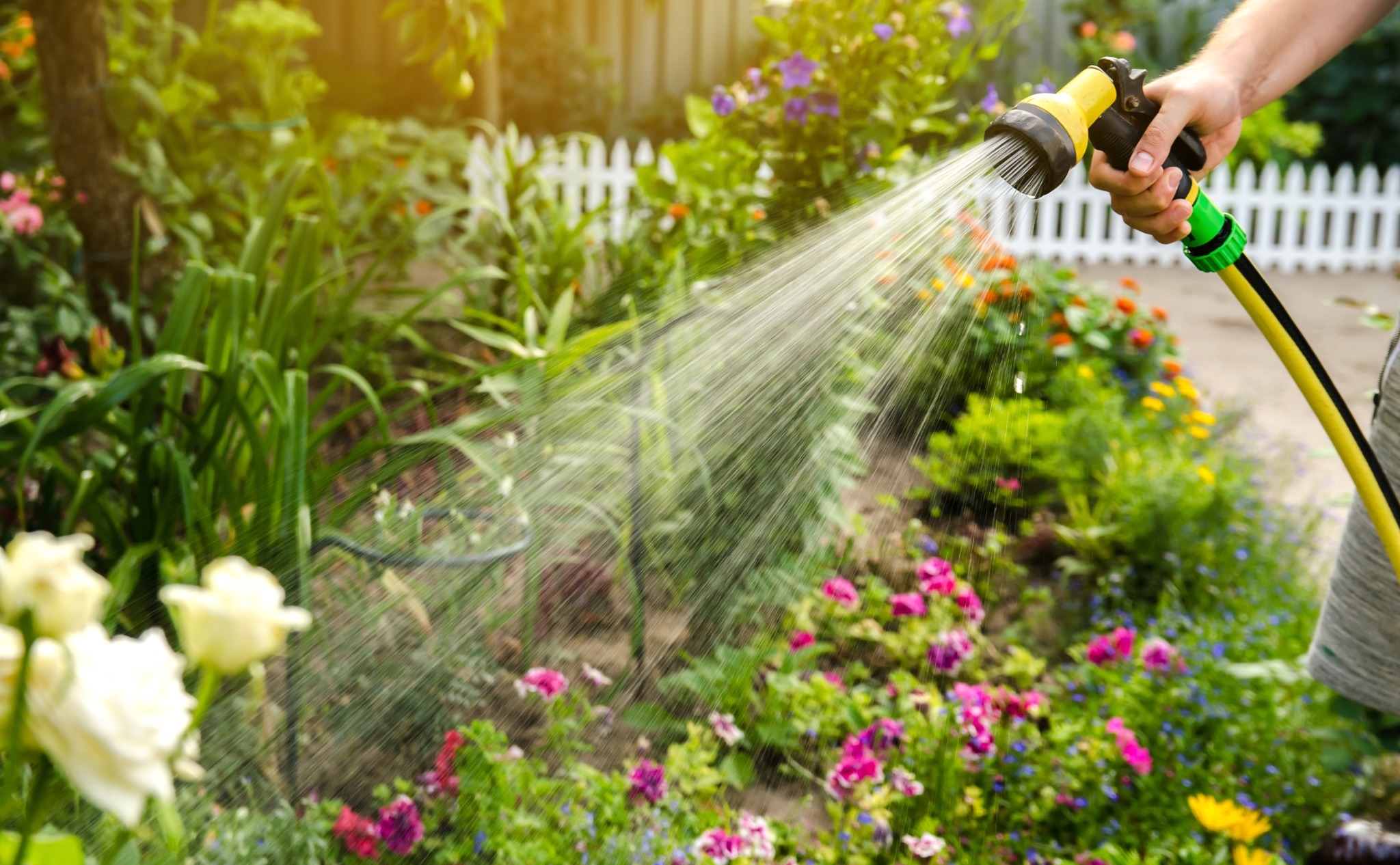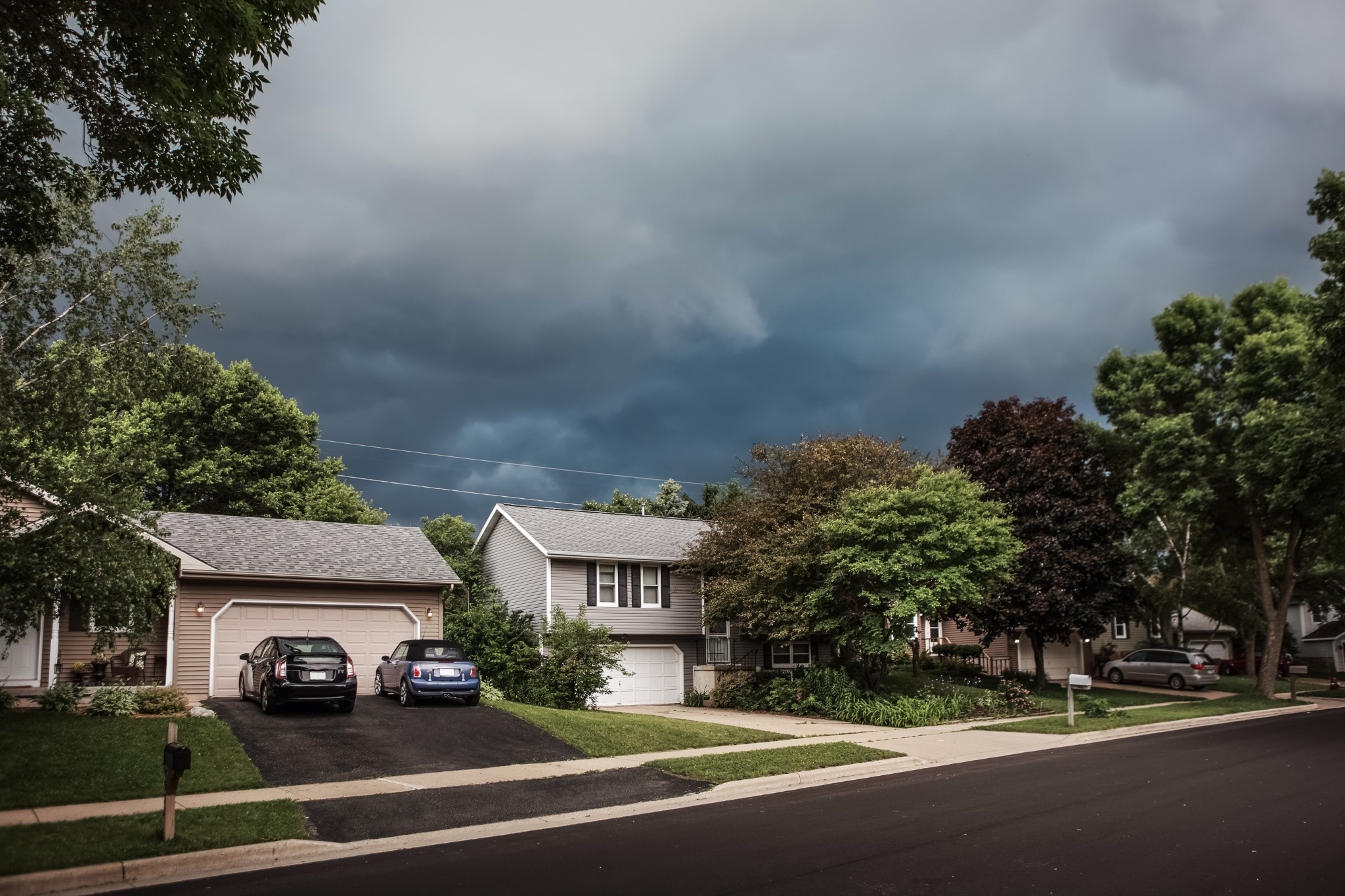Table of Contents
Eco-Friendly Laundry Tips That Save You Money and Reduce Waste
Doing laundry is part of everyday life, but it can also be a hidden source of wasted energy, water, and money. The good news? With a few simple changes, you can make your laundry routine more eco-friendly while cutting down on costs. From washing in cold water to making your own detergent, these tips will help you save money, reduce waste, and keep your clothes looking great.

Wash with Cold Water
One of the easiest ways to make your laundry more eco-friendly is to switch to cold water washing.
Why It Matters: Heating water takes up about 90% of the energy used in a washing machine. Washing in cold can cut your energy use and lower your utility bill.
Benefits:
- Saves energy and money
- Protects colors and fabrics from fading or shrinking
- Works with most modern detergents
Pro Tip: Use a detergent labeled for cold water, and only run full loads to make each cycle count.
Line Dry Your Clothes
Skip the dryer and let nature do the work. Line drying is not only free—it’s also gentle on your clothes.
Why It Matters: Dryers use a lot of electricity and wear out your clothes faster. Air drying extends the life of your garments and cuts energy use.
How to Do It:
- Use a clothesline or drying rack indoors or outdoors
- Hang clothes in direct sunlight for faster drying and natural disinfecting
- Shake out wrinkles before hanging to reduce ironing
Pro Tip: If you don’t have outdoor space, a foldable rack in a sunny room works just as well.
Make Your Own Laundry Detergent
DIY laundry detergent is affordable, effective, and cuts back on plastic packaging.
Why It Matters: Many store-bought detergents come in large plastic containers and include harsh chemicals that aren’t good for your health or the planet.
Simple DIY Recipe:
- 1 bar of unscented soap (grated)
- 1 cup washing soda
- 1 cup borax
Mix all ingredients and store in a sealed container. Use 1–2 tablespoons per load.
Pro Tip: For a scent boost, add a few drops of essential oil like lavender or lemon to each load.
Use Eco-Friendly Dryer Alternatives
If you do use a dryer, you can still make the process more sustainable.
Wool Dryer Balls: These reusable balls speed up drying time, soften clothes naturally, and reduce static without the chemicals in dryer sheets.
Dryer Sheet Alternatives: Use reusable dryer sheets or make your own with fabric scraps sprayed with vinegar and essential oils.
Clean the Lint Trap: A clean lint trap improves airflow, helping your dryer work more efficiently and use less energy.
Choose Sustainable Laundry Products
When you buy laundry supplies, opt for products that are better for the environment.
Look For:
- Plant-based, biodegradable detergents
- Concentrated formulas (less packaging and waste)
- Products packaged in cardboard or refillable containers
Pro Tip: Many eco-friendly brands offer subscription or bulk-buy options to save even more.
Upgrade to Energy-Efficient Machines
If you’re in the market for a new washer or dryer, choose energy-efficient models.
Why It Matters: ENERGY STAR-rated machines use less water and electricity, which means lower bills and a smaller environmental impact.
Bonus: Front-loading washers typically use less water and energy than top-loaders.
Wash Only When Needed
Cut down on laundry loads by wearing clothes more than once when possible.
Tips:
- Jeans, sweaters, and jackets can often be worn multiple times before washing
- Use a spot cleaner for small stains instead of washing the whole item
- Teach kids and teens to only put dirty clothes in the hamper
Use Less Water and Detergent
Using too much soap or water doesn’t get clothes cleaner—it just wastes resources.
Tips:
- Follow the detergent instructions—more isn’t always better
- Choose the correct load size setting to avoid using extra water
- Use the high-spin cycle to remove more water before drying
Final Insights
Making your laundry routine more eco-friendly doesn’t mean giving up clean clothes or convenience. With a few simple swaps—like washing in cold water, air drying, and using homemade detergent—you can save money, reduce waste, and help protect the planet. Start small and build on these habits to create a laundry routine that’s better for your budget and the environment.





